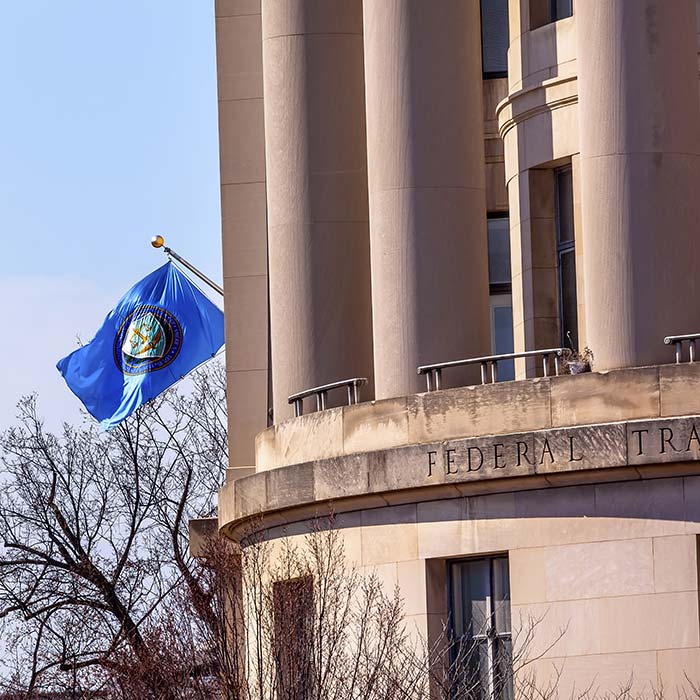FTC Testifies about Data Security and Small Business
According to the Federal Trade Commission (FTC), earlier today (March 8, 2017), Acting FTC Chairman Maureen K. Ohlhausen spoke about the FTC’s continuing efforts in protecting consumers and educating small businesses on ways to keep consumer data secure. “Failing to take reasonable precautions to secure data from identity thieves and other malicious actors hurts consumers and legitimate businesses alike,” Acting Chairman Ohlhausen said in her written testimony. “Data breaches can harm a business’s financial interests and reputation as well as result in the loss of consumer confidence in the businesses to whom they entrust their data. In the case of small businesses, a data breach can be devastating.” Internet attorney Corey Silverstein has been stressing the importance of data security for years and Silverstein Legal spends a substantial portion of its daily resources on assisting website operators with their data security practices. Website attorney Corey Silverstein continues to insist that online business operators need to treat data security and privacy law as a priority. “Our team of internet lawyers are always ready to educate our clients and prospective clients on the dangers of ignoring data security, privacy and applicable internet law.” Website lawyer, Corey Silverstein says. Silverstein Legal always invites…






